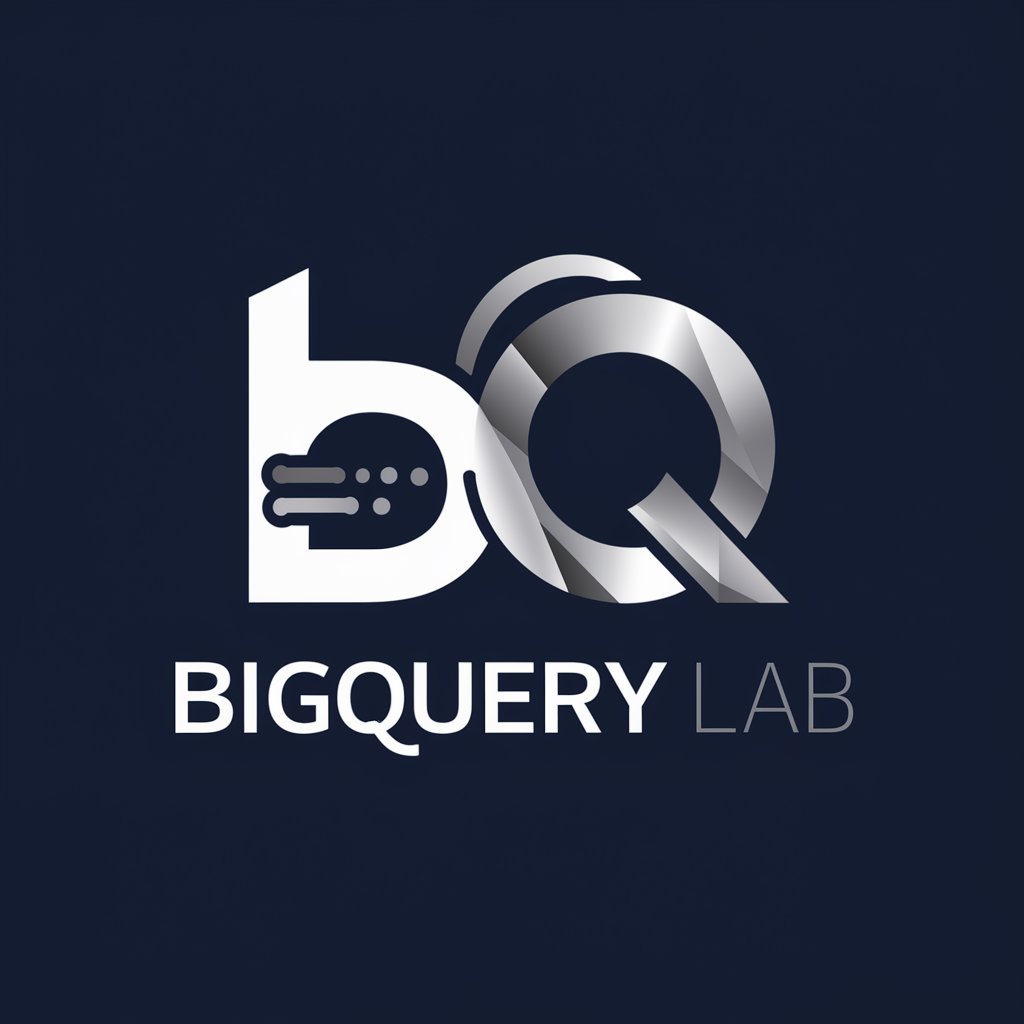5 GPTs for SQL Querying Powered by AI for Free of 2025
AI GPTs for SQL Querying refer to advanced Generative Pre-trained Transformers specialized in understanding, generating, and optimizing SQL queries. These tools leverage the power of AI to interpret natural language requests and translate them into structured SQL queries, making data retrieval from databases accessible to a wider audience. Their relevance lies in simplifying complex database interactions, enabling users to perform data analysis, generate reports, and extract insights without deep technical knowledge of SQL. This adaptation of GPT technology for SQL querying tasks underscores a significant leap in making data science and database management more efficient and user-friendly.
Top 5 GPTs for SQL Querying are: Code Caster,SGDB - Delving deeply,Snowflake Assistant,🔍📊 Data Maestro Navigator 🛠️,BIGQUERY LAB
Code Caster
Streamlining Data Queries with AI

SGDB - Delving deeply
AI-powered Database Solutions

Snowflake Assistant
AI-powered Snowflake Database Guidance

🔍📊 Data Maestro Navigator 🛠️
Empower Your Data with AI

BIGQUERY LAB
Empowering Data Decisions with AI

Key Capabilities of SQL-Optimized GPTs
AI GPTs for SQL Querying stand out due to their ability to seamlessly convert natural language into precise SQL queries, support complex query generation, and optimize queries for performance. They can understand context, handle ambiguous queries, and suggest optimizations. Unique features include adaptability to various database schemas, the capacity to learn from past queries to improve accuracy, and the provision of explanations for generated queries. Additionally, some tools may offer integration capabilities with data analysis and visualization tools, enhancing their utility in data-driven decision-making processes.
Who Benefits from SQL Querying GPTs
AI GPTs for SQL Querying are invaluable for a broad range of users, from novices and business analysts with minimal coding skills to seasoned developers and data scientists. They democratize access to data analysis by simplifying query creation, making these tools particularly beneficial for those seeking to extract business insights without deep SQL expertise. Furthermore, they offer advanced customization options for technical users, allowing for sophisticated query generation and system integration, thus serving a dual purpose of accessibility and depth.
Try Our other AI GPTs tools for Free
Camera Selection
Discover the perfect camera with AI GPTs for Camera Selection: intelligent, adaptable tools designed to streamline your search based on personalized needs and the latest trends.
Photography Advice
Discover how AI GPTs for Photography Advice can transform your photography skills with tailored advice, from basics to professional techniques.
Responsible Gambling
Explore AI GPTs for Responsible Gambling: cutting-edge tools designed to foster safe gambling practices through personalized feedback and real-time interventions.
Roulette Strategies
Discover how AI GPTs for Roulette Strategies revolutionize your game with tailored predictions, strategies, and insights. Perfect for players and developers alike.
Bankroll Management
Discover AI GPTs for Bankroll Management: Tailored AI tools designed to optimize your financial strategy with personalized advice, predictive analytics, and seamless integration capabilities.
Management Advice
Discover how AI GPTs for Management Advice are transforming the landscape of management consultancy, offering personalized, data-driven solutions for a range of business challenges.
Expanding the Reach of Data Insights
AI GPTs for SQL Querying not only simplify database interactions but also play a pivotal role in democratizing data analysis. They offer user-friendly interfaces that bridge the gap between complex data queries and business insights, making data-driven decision-making more accessible. Furthermore, their integration capabilities with existing systems and workflows offer seamless user experiences, enhancing productivity and enabling organizations to leverage their data assets more effectively.
Frequently Asked Questions
What exactly are AI GPTs for SQL Querying?
AI GPTs for SQL Querying are AI-driven tools designed to interpret natural language instructions and translate them into structured SQL queries for database interaction, facilitating data retrieval and analysis without requiring in-depth SQL knowledge.
How do these tools understand complex queries?
Through advanced natural language processing and understanding, these tools can parse detailed user requests, manage ambiguities, and generate accurate SQL queries by leveraging context, user intent, and database schema knowledge.
Can I use AI GPTs for SQL Querying without SQL knowledge?
Yes, one of the primary advantages of these tools is their ability to make SQL querying accessible to users without SQL expertise, allowing them to perform data analysis and report generation using natural language.
Are these tools adaptable to any database?
Most AI GPTs for SQL Querying are designed to be adaptable to different database schemas. They can learn from specific database structures and queries to provide more accurate and optimized SQL code.
Do AI GPTs for SQL Querying support query optimization?
Yes, besides translating natural language to SQL, these tools often suggest optimizations for queries to improve execution speed and efficiency, leveraging their AI capabilities to enhance performance.
Can these tools integrate with existing data analysis platforms?
Many AI GPTs for SQL Querying can integrate with popular data analysis and visualization platforms, enhancing their functionality and enabling users to streamline their data analysis workflows.
How do AI GPTs for SQL Querying improve over time?
These tools continuously learn from user interactions, past queries, and feedback, allowing them to improve their accuracy, understand complex queries better, and offer more relevant optimizations.
Are there customization options for advanced users?
Yes, while designed for ease of use, many tools also offer customization options for more advanced users, allowing for the generation of sophisticated queries and the ability to tailor the tool to specific needs.